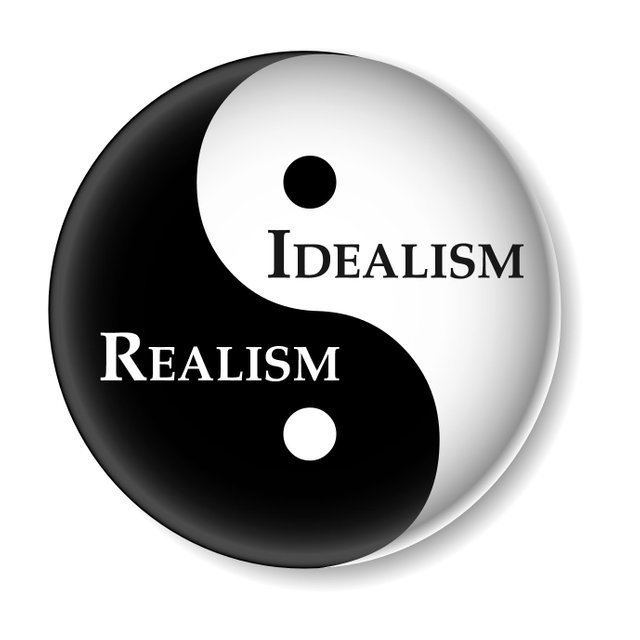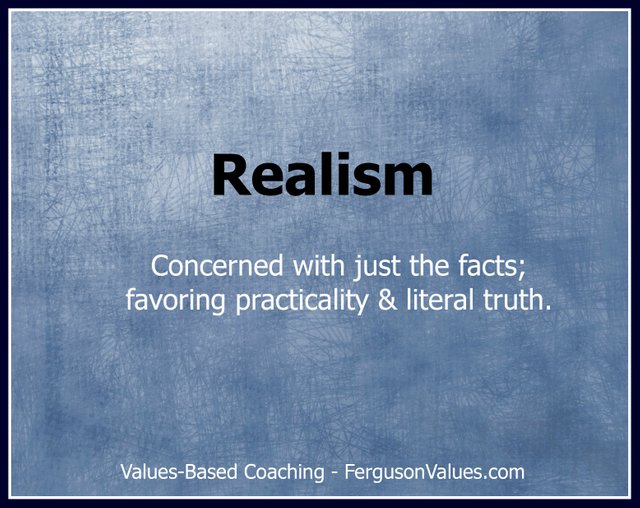Information Science and Its Philosophical Approaches
Articles from this series
Main source
Introduction to Information Science - DAVID BAWDEN and LYN ROBINSON

Philosophical approaches
In the next article from the “Information science series” I’ll be looking into possible philosophical stances (or views) that can be adhered.

As in any other science field, even in information science exists some kind of disagreement about the metaphysical stances. From my point of view, there are two main philosophical stances. Realism and idealism. Firstly I will describe those stances and in the conclusion I’ll try to convey my point of view, from which it is bullshit to divide into such categories and what my “information scientific approach” will be.
Realism
There are several approaches in every philosophical approach (no to make things easy lol), but I will follow the most rational one from my perspective. Realism basically means believing that physical world truly exists and can be rationally studied (very close to what I described in my first metaphysical article). This is the most adhered approach among information scientists and its founders. And for good reason… it is the most rational one. Such an approach will lead to laboratory research and (according to the book) quantitative methods. Here I have to disagree, but will describe why later in the conclusion.

Constructivism
I previously spoke about idealism. Constructivism is basically superior term to idealism. It’s like that because of the fact that constructivism incorporates all the “idealism-like” approaches. The common argument for all those approaches is that objective reality doesn’t exist (or is not researchable) and all we can do is to study as many subjective realities as possible.

Conclusion
For the first time I will disagree with my superiors (the authors of the book and what is being taught at our university). I think that it is totally pointless to categorize philosophical approaches like that. People have been doing that since philosophy was born I get it, but by now we should already know that its bullshit to do it. There is no rational point whatsoever to disregard the existence of objective reality. I do not force anyone to believe in one of course, but what is there to gain from scientific point of view when one refuses to accept that there is objective reality?
At the same time though I understand (and have been promoting as such) Information science as a meta-science. It is irrational to disregard the existence of the objective reality, but AT THE SAME TIME it’s irrational to disregard the importance of getting to know the subjective realities. Why would one only concentrate on quantitative methods and ignore the deeper knowledge about perceived individuals. That is one of the worst things one can do in any research. World is formed by infinite amount of 0 and 1, but that doesn’t make the world as simple as “choose 0 or 1”. There most likely is objective reality and in that objective reality there are billions of subjective realities (one for every living person).

In my bachelor’s work, thus in my contribution to information science, I will get rid of those pointless categories. I will accept world as it is, with all the realities that are in there. I will try to embrace the objective reality (evolution theories, human nature, information laws, etc.) and at the same time as much carefully selected subjective realities as possible. Please Information science, do not repeat the mistakes of our philosophical past.

*its applications !
haha one step at time:) wait for it...
sorry:
I meant 'its approaches' ....
Spelling mistake in the title ;)
well:P... thanks